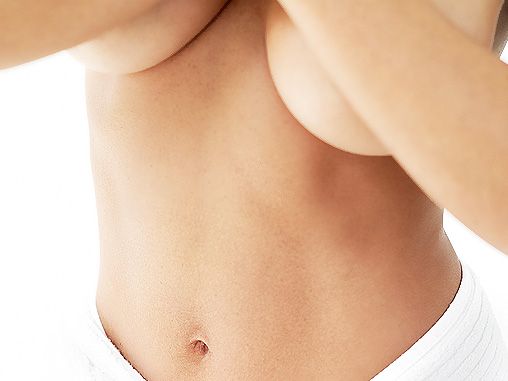Nose
- If so - please come and see us! A lot of people feel that their nose does not match the rest of their face and distracts attention from their beautiful eyes, hair or other facial features. Surgery can reshape the whole nose or a part of it and make it in proportion with the rest of your face. It can also improve the nasal function so that you can breathe freely and more comfortably.
- Nose reshaping is one of the most frequently performed plastic surgeries - one could assume that it has been mastered and that the results are always astonishing. However that is not the case. Nose reshaping is one of the most complicated surgeries of the head and neck area. Our surgeons confidently tackle this problem!
- Meticulous planning is the key to success here. You should receive full information on how your looks will be improved. Many factors must be taken into consideration - general balance of facial features, cheeks, jaw line, thickness and quality of skin and overall dimensions of the nose. The surgery should focus on particular nasal features which disturb the general appearance of your face.
- If you suffer from breathing difficulties, a set of specialist tests will need to be performed (e.g. to assess the extent of sinus blockage and the general condition of your sinuses) in order to chose an appropriate surgery method. If required, the sinuses can be removed as a part of the nose reshaping surgery.
- Procedure
- Nose reshaping surgery takes 1.5 to 2.5 hours and is usually performed under a general anaesthetic. The majority of the incisions are made inside your nose, but in some cases the incisions will be made in the natural creases on the sides of the nose or in the root of the nose. The healing process is quick and scars are hardly visible. At the end of the surgery thermoplastic splints will be put over your nose (no plaster!). Small packs will be inserted inside your nostrils to prevent bleeding. They will be removed the same or next day. If applicable, stitches hidden in the natural creases of your nose will be removed after a few days. Splints are usually removed after 7 - 10 days.
- Recovery
- Most patients are pleasantly surprised with only minimal pain after nose reshaping surgery. The biggest discomfort comes from inability to breathe through your nose for a few days due to swelling. The congested nasal feeling usually subsides after 7 - 14 days. Minor swelling around the eyes can continue for several weeks. Once the swelling disappears, you will be able to see the results of the surgery. You will need to take certain precautions during the recovery period. Bending and lifting heavy objects can enhance the swelling and therefore should be avoided for three weeks after the surgery. You can resume light exercise after three weeks. You must avoid contact/impacts sports for 6 - 8 weeks, until the healing process in your bones is completed. You can drive once the swelling subsides enough not to obstruct your vision and you can travel by air after two to three weeks.
- Risk and complications
- Every surgery carries some risk. In order to minimise any possible risk of complications, you must provide the surgeon with all details relating to your health, especially if you smoke, are on medication or have undergone a surgery in or around the area which is to be operated upon. You can minimise the risk significantly by choosing a well-qualified and experienced plastic surgeon and by strictly following their advice before and after the surgery. Although currently all plastic surgery procedures are very safe, your surgeon will discuss any possible, although unlikely, complications in connection with your treatment.








